Our Procedures
Flexible appointments & easy scheduling
We offer a wide range of services to keep your smile healthy, functional, and beautiful:
Preventative Services

Dental Check-ups
Regular examinations to identify potential problems early.
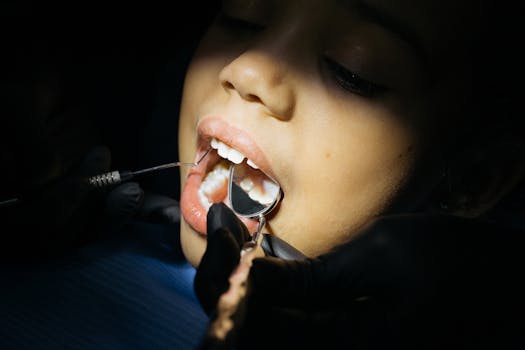
Teeth Cleanings
Professional removal of plaque and tartar.

Pit & Fissure Sealants
Protective coating applied to teeth to prevent cavities.
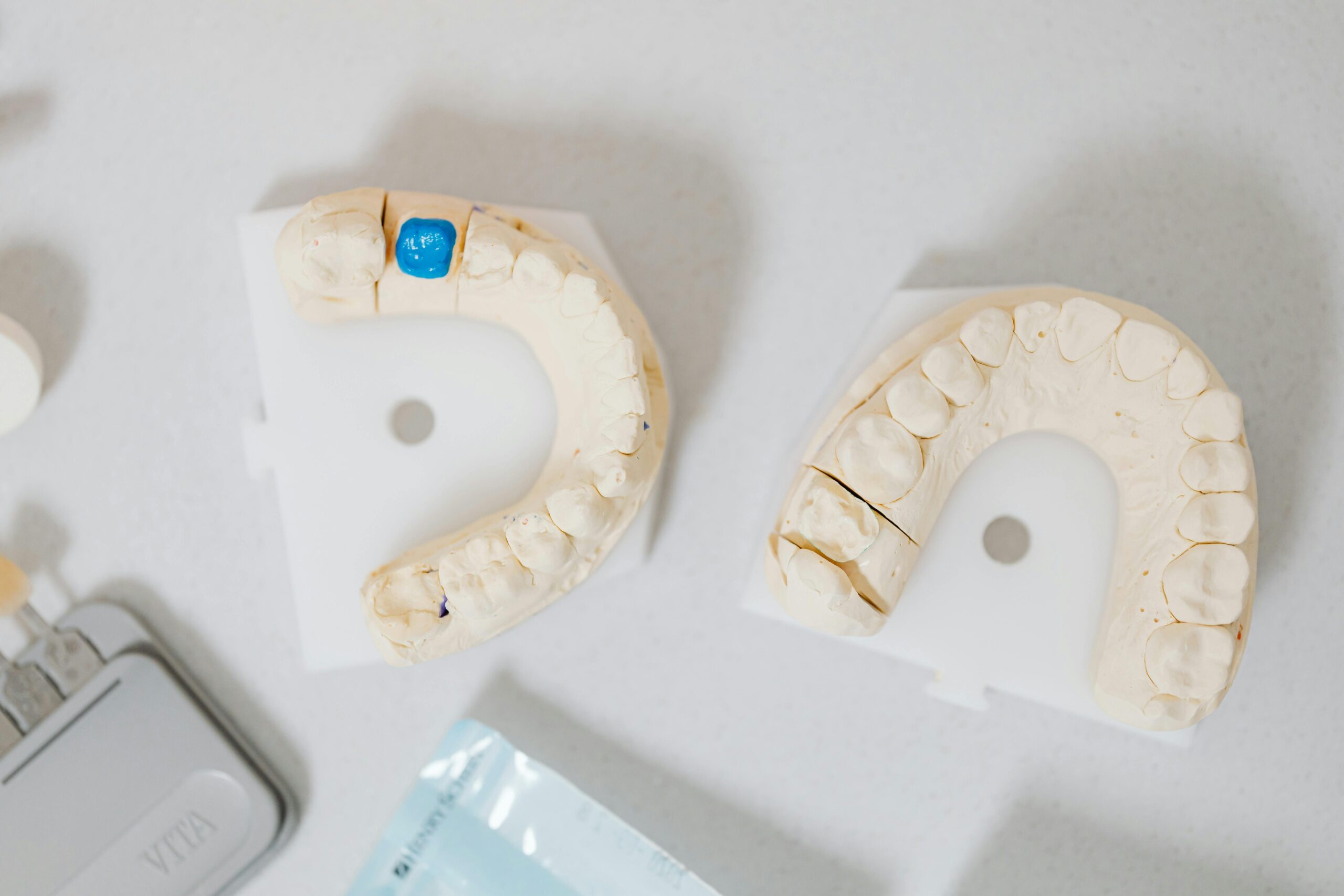
Dental X-ray
Dental digital x-rays, are a type of medical imaging used to capture pictures of the teeth and jawbone. They help dentists identify problems not visible during a routine visual exam, such as cavities, bone loss, infections, and other abnormalities. Dental x-rays use a small amount of radiation to create images, which are then interpreted by the dentist to diagnose and plan treatment.
Restorative Services:
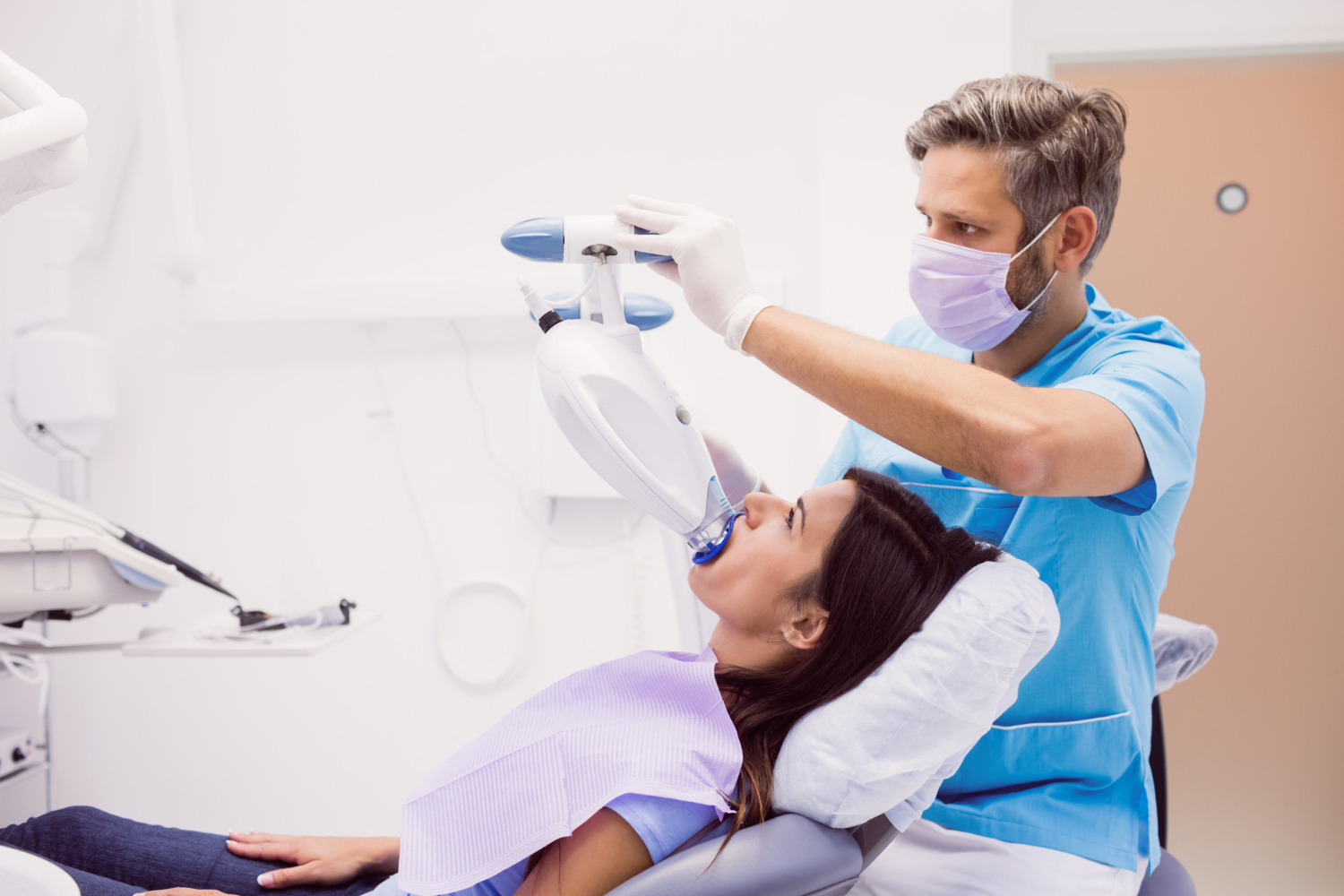
Fillings
Repairing cavities or damaged teeth.
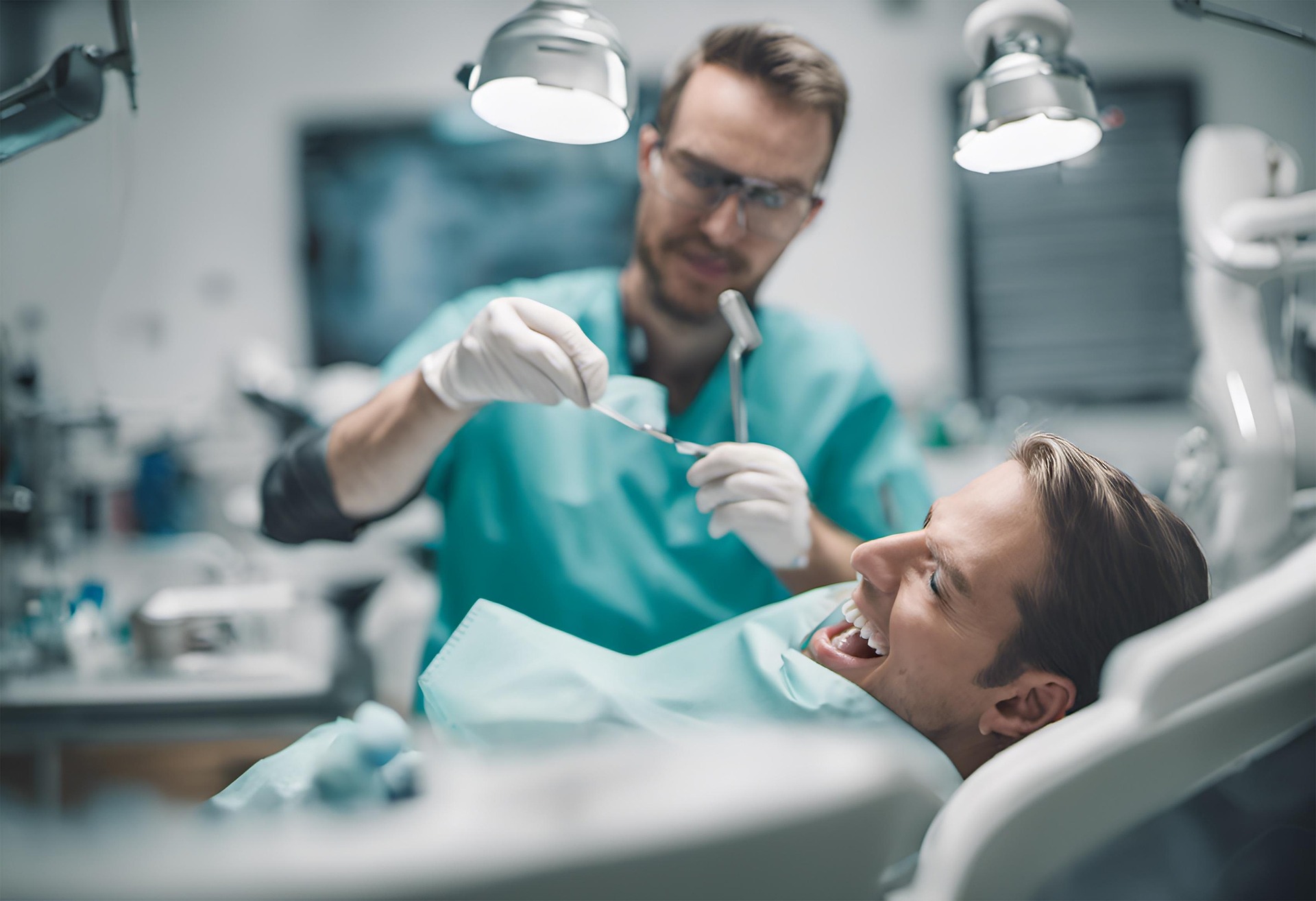
Crowns
Covering damaged teeth to restore function and appearance.
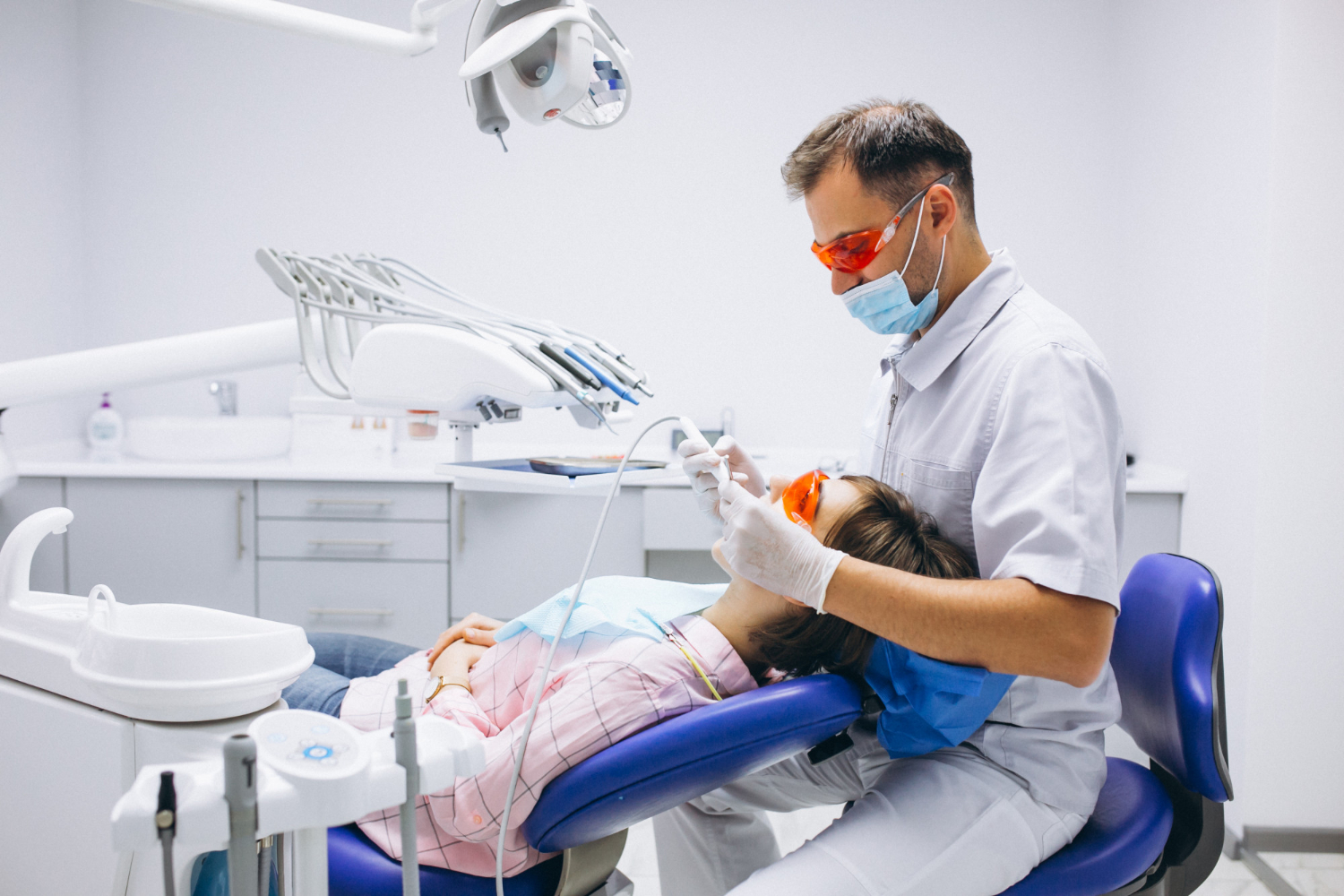
Bridges
Replacing missing teeth by attaching them to adjacent teeth.
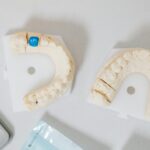
Dentures
Artificial teeth used to replace missing teeth.

Tooth replacement
A replacement of tooth or prosthetic tooth, is an artificial tooth designed to replace a missing or damaged tooth. Several options are available, including dental implants, crowns, bridges, and dentures.
Cosmetic Dentistry
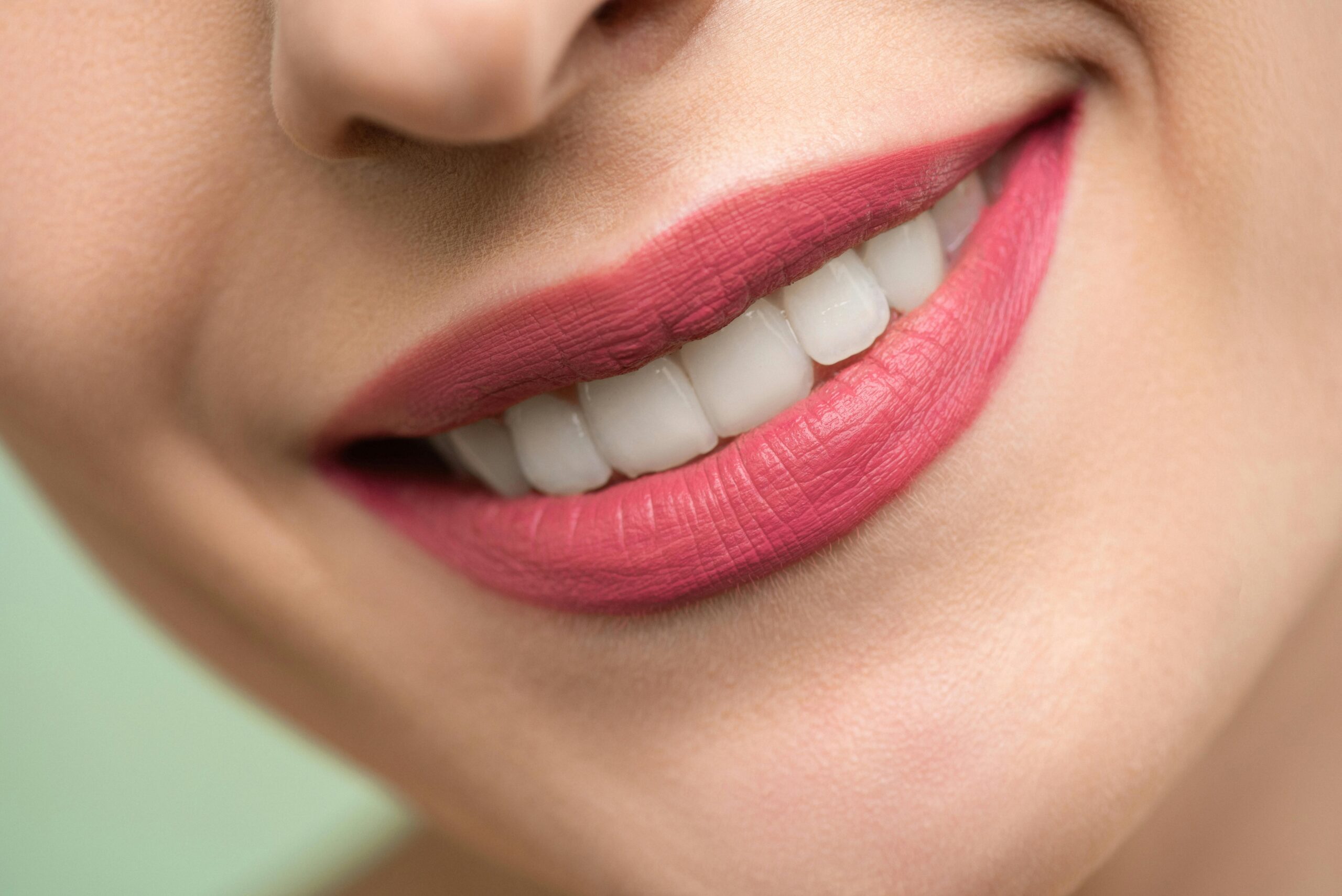
Teeth Whitening
Lightening the color of teeth.

Veneers
Thin, tooth-colored coverings placed on the front of teeth to improve appearance.
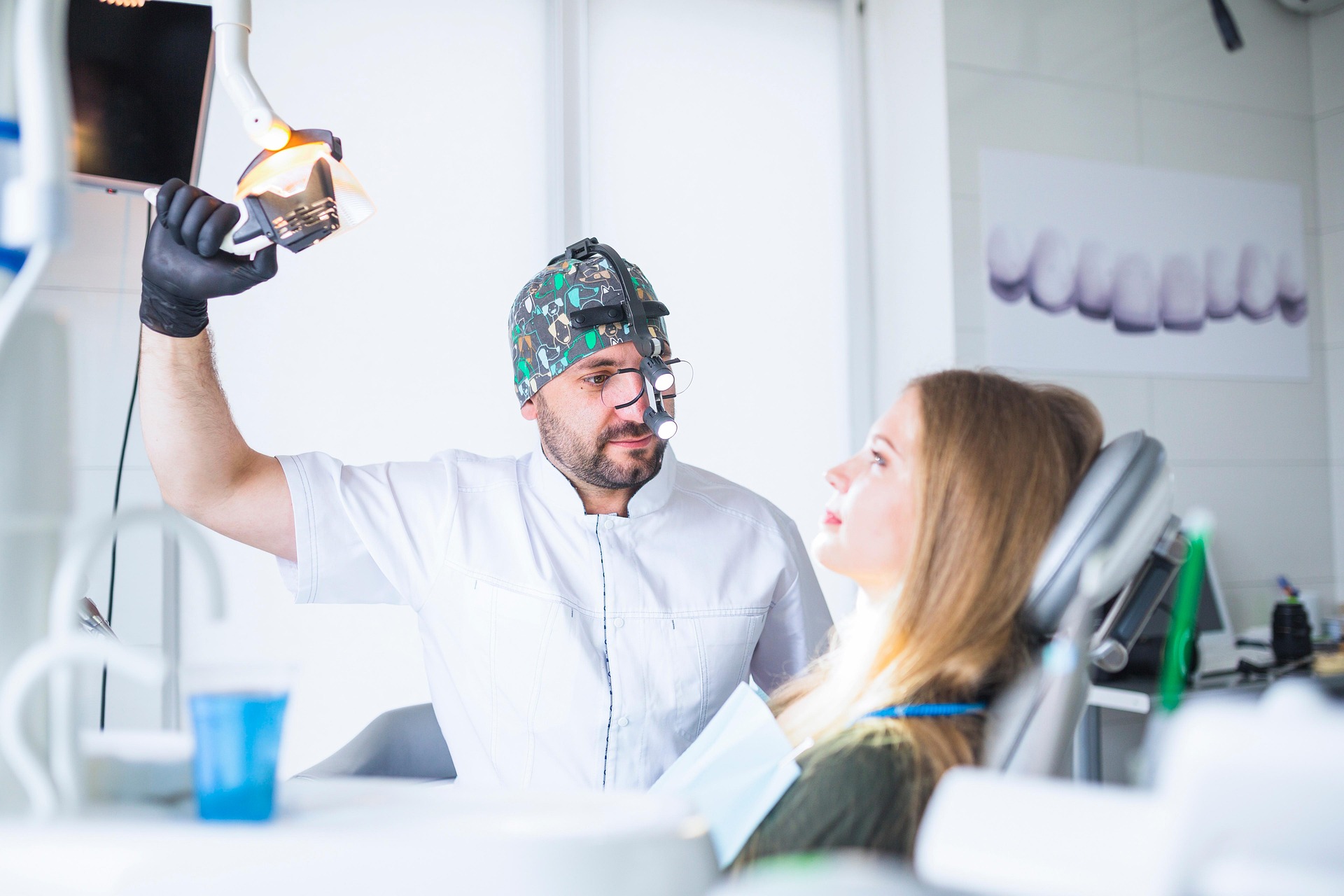
Dental bonding and Invisalign
Dental bonding and Invisalign are two different approaches to improving dental aesthetics and alignment, often used together to achieve a desired smile. Invisalign is a treatment for teeth straightening and closing gaps by moving teeth into position using clear aligners. Dental bonding, on the other hand, is a cosmetic procedure that uses a tooth-colored resin to reshape or repair teeth, often used to close gaps or correct minor alignment issues.

Braces and aligners
Aligners and braces are two types of orthodontic treatment used to straighten teeth and correct bite issues. Aligners are clear, removable trays that gradually move teeth into the desired position. Braces, on the other hand, are fixed appliances, usually made of metal or ceramic brackets and wires, that are attached to the teeth to move them into alignment.
Surgical Procedures

Wisdom Tooth Removal
Wisdom tooth extraction, or removal of the third molar, is a surgical procedure often necessary when wisdom teeth cause pain, infection, or damage to other teeth. The procedure involves accessing the tooth, removing any bone covering it, and potentially sectioning it into smaller parts for easier extraction.

Implant surgeries
Dental implants are a type of prosthetic replacement for a missing tooth. They replace both the root and the crown of a natural tooth, offering a more natural-looking and functional alternative to dentures or bridges. The implant, a titanium post or screw, is surgically placed into the jawbone to act as an artificial tooth root. An abutment, a metal extender, is then connected to the implant and extends through the gum, supporting the artificial tooth (crown).

Periodontal surgeries
Periodontal surgery, also known as gum surgery, involves procedures to treat gum disease and restore oral health. It’s often necessary when non-surgical treatments, like deep cleaning (scaling and root planing), are not enough to address advanced gum disease. The main goal is to reduce inflammation, eliminate infection, and regenerate lost bone and tissue.

Laser dentistry
Laser dentistry uses focused light beams for various oral health treatments, offering benefits like less pain, quicker recovery, and reduced bleeding. It’s a minimally invasive option for procedures like gum surgery, cavity treatment, and root canals, often reducing the need for anaesthesia.

